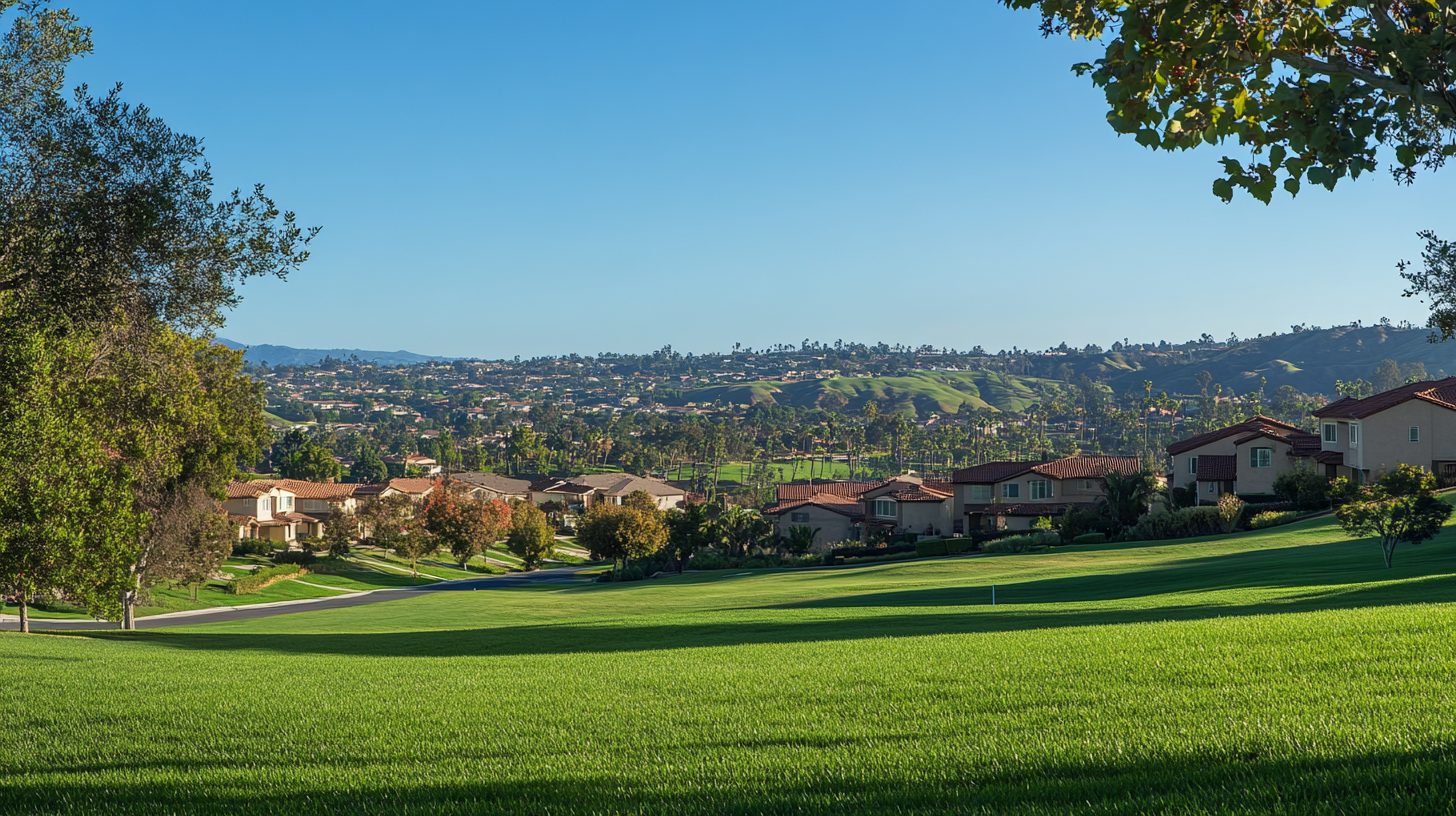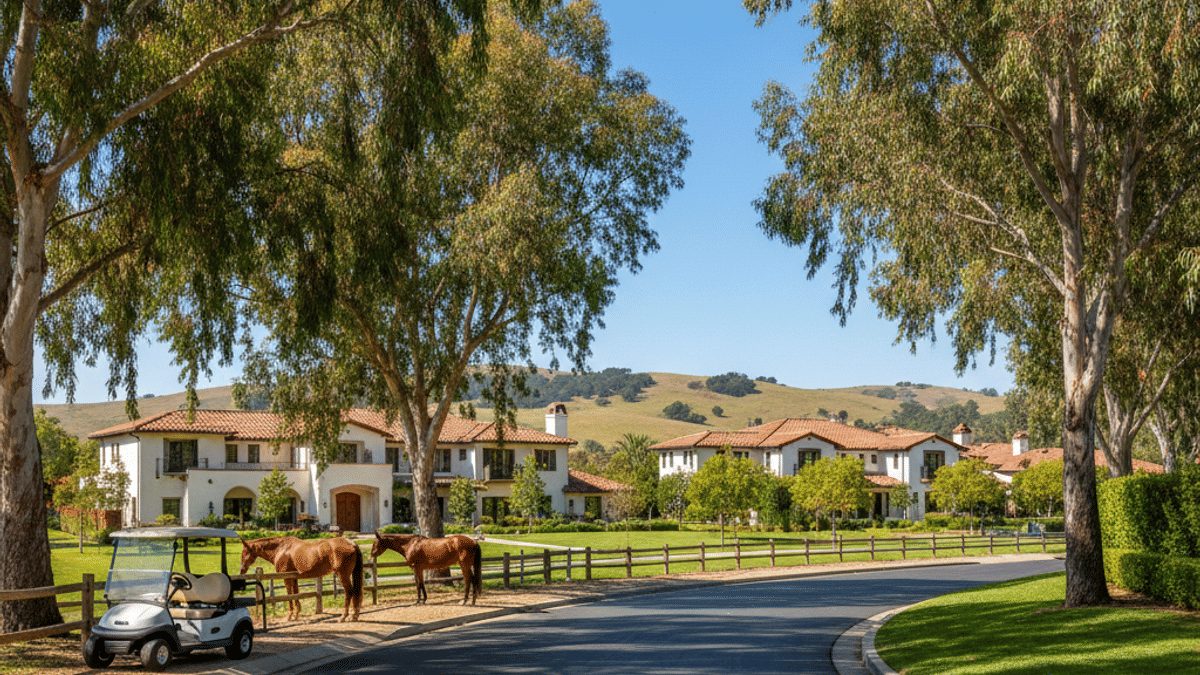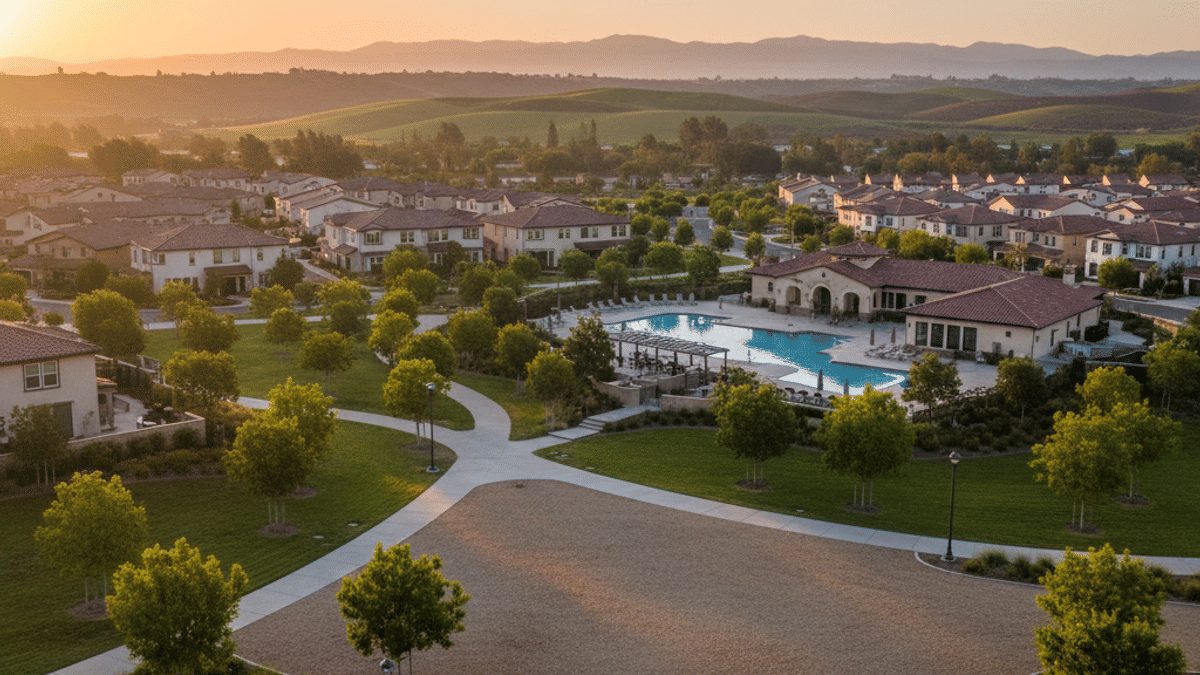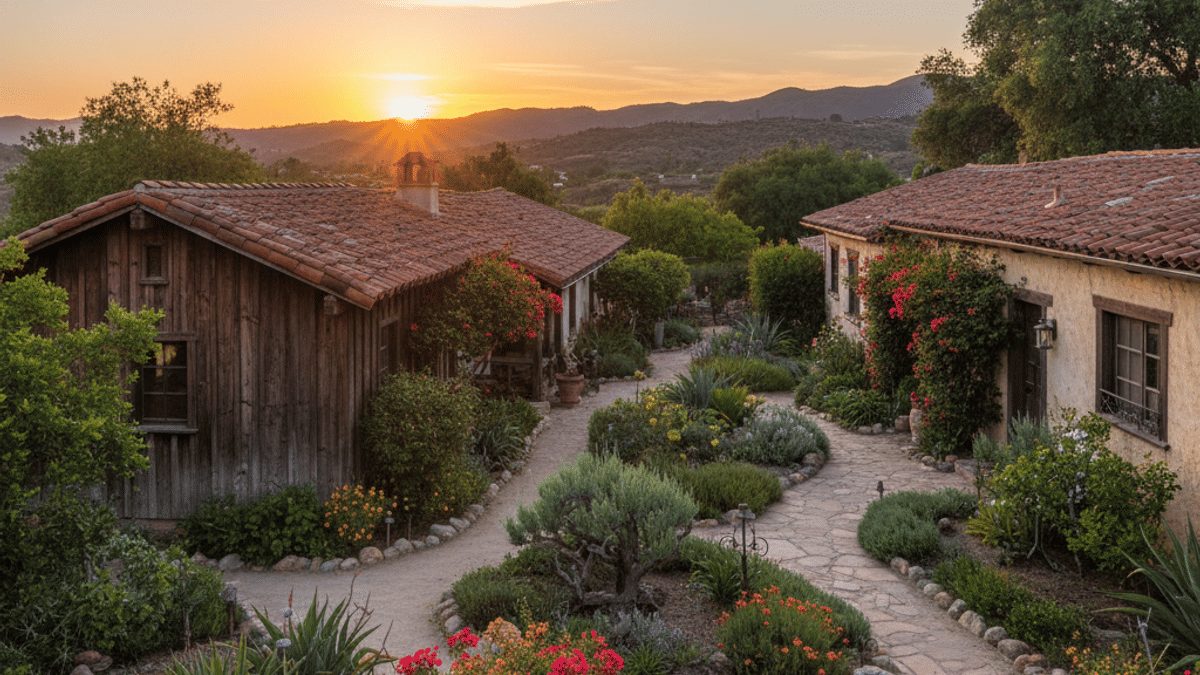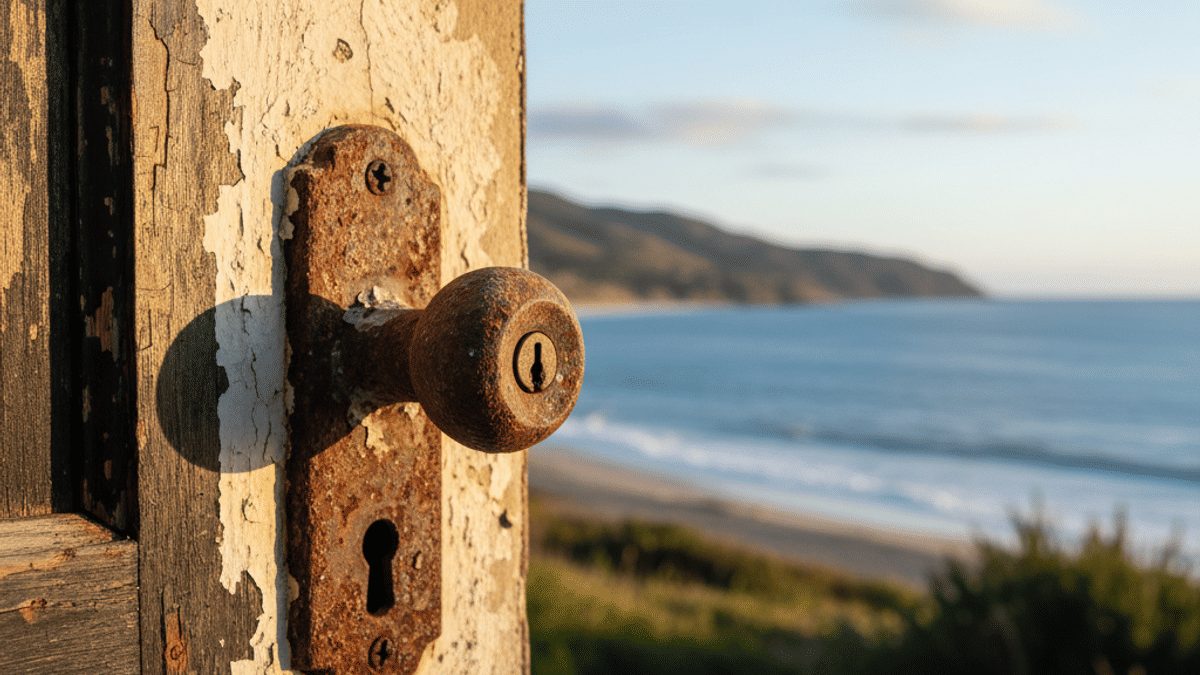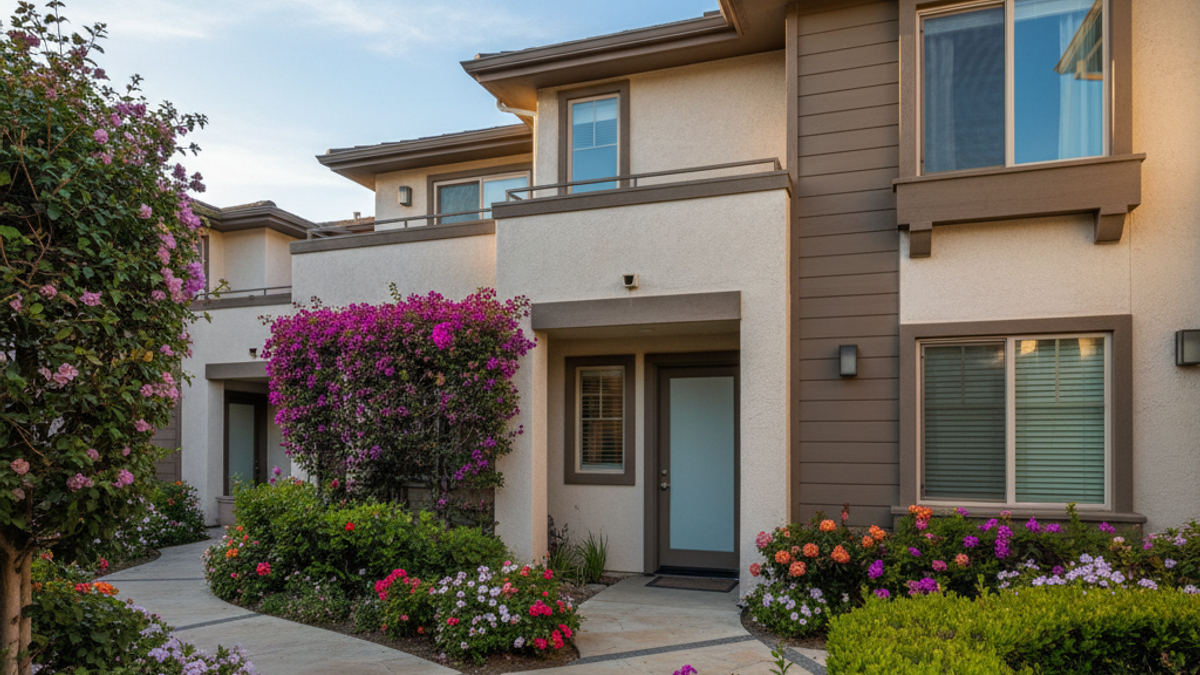Overview
Laguna Niguel sits pretty in Orange County, California—just a hop away from that gorgeous coastline. People flock here because the area’s a blend of suburban bliss and outdoor adventure (plenty of trails and parks if you’re the weekend-hiking type). Now, about how long should you own a home before selling Laguna Niguel? Most real estate folks throw around numbers like two to five years, but it really depends on your financial goals and local market quirks.
Folks in Laguna Niguel tend to be families juggling commutes or retirees relishing that laid-back SoCal vibe. And sure, the cost of living’s not low (property taxes can be a doozy), but median home prices often rise quicker than you’d think. If you’ve wondered about upward trends or who’s moving in vs. moving out, trust me: there’s been a steady influx of buyers craving that year-round sunshine.
Common Timelines for Home Ownership
Let’s get down and dirty with this question: “How many years should I stay put before I list my home?” I gotta say, it’s not a one-size-fits-all kind of deal. But there’s a classic piece of advice floating around: the 5-year rule. You’ve probably heard it a bazillion times—stick to your property for at least five years to offset those closing costs and recoup any renovation expenses. Don’t judge me, but I used to roll my eyes at that rule until I saw how it actually plays out in places like Laguna Niguel, where property values can spike in just a few years.
Short-Term (1–2 Years)
Look, if you’re thinking about pulling the parachute after just a year or two, you may be in for a bumpy financial ride. Early on, a big chunk of your mortgage payments goes toward interest, not principal. Throw in closing costs, realtor commissions, the fancy paint job you did in the kitchen—suddenly, you’re wondering if you’ll break even. In Laguna Niguel, home prices have historically trended upward (yep, the demand’s often strong), but that doesn’t mean a quick flip guarantees profit. Short-term ownership might make sense if you snagged a screaming deal and the market soared, but it’s still a bit of a gamble.
Mid-Term (3–5 Years)
Now we’re in that sweet spot where you’ve built a bit of equity, but you’re not necessarily swimming in it. By the 3-year mark—maybe 4—your mortgage payments start chipping away at the principal. If market conditions are favorable, your home’s value might have climbed enough to cover transaction fees. Plus, living in the home for at least two years usually qualifies you for that sweet capital gains tax exclusion (check with a tax pro, though—I’m no CPA!).
In Laguna Niguel specifically, I’ve seen moderate appreciation rates that stack up nicely over a 3–5 year window. The city’s average mortgage rate trends—currently hovering around 6–7% for many buyers—could influence how quickly you build equity. And if you performed some killer upgrades, like turning that outdated bathroom into a spa-like oasis, who knows, you might tap into a more robust profit margin.
Long-Term (5+ Years)
Ah, the Holy Grail. Hanging onto your Laguna Niguel place for five or more years feels like a stable path, especially if you’re a fan of steadily increasing home values. Many real estate pros stand by the idea that five years is enough time to offset your initial costs, build equity, and see tangible appreciation. If the local property market remains strong—which, historically, Laguna Niguel’s has been—your future self might thank you for not rushing out the door.
Capital Gains Tax Benefits
Let’s be real: taxes can be confusing. But in a nutshell, if you’ve owned and lived in your home for at least two out of the last five years, you could dodge capital gains taxes on a large portion of your home sale profit. In high-value areas like Laguna Niguel, that can be a huge deal. Not to mention, if you’re planning on upsizing or investing in another property, every saved dollar counts.
Local Appreciation & Timing
While national headlines suggest an ever-fluctuating real estate market, local data is what truly matters. Currently, Laguna Niguel’s appreciated at a rate that outpaces some surrounding communities. Even so, slight dips or slowdowns can happen, especially if mortgage rates climb or if inventory swells. In some cases, a 3-year ownership might net you pretty decent returns if you jumped in at just the right time. But if you want a safer bet, a 5-year hold typically provides more breathing room.
So, how long should you own a home before selling Laguna Niguel? That’s up to your comfort level and your financial game plan. If you’re a risk-taker with an eagle eye on the market, you might not need a full five years. But for those who prefer guaranteed returns—or as close to guaranteed as real estate can get—that classic 5-year window remains a solid suggestion.
Key Factors to Consider Before Selling
There’s more to the story than just the timeline. Sure, the length of ownership is massive in determining profits, but let’s not forget that real estate is a swirl of personal and financial considerations.
Transaction Costs
It’s easy to overlook all the fees until you see the final settlement statement. Commissions, transfer taxes, escrow fees… oh my. In Laguna Niguel, the average real estate commission can be 5–6%, though it’s negotiable. Then factor in escrow fees that vary by company, plus any local transfer taxes or property taxes you might owe at closing. If you haven’t built enough equity to cover these fees, that potential profit margin shrinks—fast.
Personal Circumstances vs. Financial Moves
Do you need to relocate for a new gig or to be closer to family? Sometimes you have no choice but to sell quickly—that’s life. Yet if you can time your move around favorable market conditions (and an opportune length of ownership), you’ll probably walk away with a healthier net.
I’ve tested different approaches over the years: some folks plan meticulously (they’re the spreadsheet-lovers), while others let life happen and adjust accordingly. Both are valid. Just remember that if your personal circumstances force you to sell after only a year or two, you might be sacrificing some profit. But hey, family matters—no house is worth missing out on real-life priorities.
Holding Out for Future Appreciation
Laguna Niguel typically behaves like a prime coastal market. Translation: demand’s decently strong, thanks to its location, safe neighborhoods, and a sense of pride that residents have in their community. How often do you see local parks packed with families and retirees alike? All the time. That consistent desirability tends to support steady property value growth.
Selling too soon might mean you miss out on the continued upward climb. Sure, you could still profit from a 2-year stay if conditions are right, but you risk leaving money on the table. Especially if experts predict a positive climb over the next few years—do you feel like you’ve tried hard enough to ride that wave?
Potential Downsides
However, let’s be real: maybe you’re tired of sitting in traffic near the 5 freeway every day or dealing with multiple open houses during the busy season (where you have to vacate for hours). Or maybe you suspect your street’s about to get hammered by construction from a new development. These are legit factors that could impact your decision to sell sooner.
If your neighborhood’s going through a big shift—like a new school excavation or rumored zoning changes—it might be wise to either ride it out while property values adjust or bail now before competition revs up. And if a flood of similar listings hits the market at the same time you’re thinking of selling, prepare for a price war. That can absolutely affect how long you want to remain in your home to ensure a better profit margin down the road.
Wrapping Up
So, how long should you own a home before selling Laguna Niguel? If you’ve skimmed through all these points, you’ll see it’s never just about the magic number. It’s a blend of local market patterns, personal circumstances, and your individual tolerance for risk.
There’s no universal answer here—that’s the beauty and frustration of real estate. Maybe you’re eyeing your dream home just a few miles away, or you’re set on cashing out fast to fund a new business. Either way, balance your personal goals with the broader market around you.
My advice? Loop in a local real estate pro to get specialized insights. The market shifts can be subtle, and you want to catch them at the right time, not just any time.
Laguna Niguel Real Estate Market
Let’s peek at what’s happening (and what might happen) in this market—because, obviously, the strength or weakness of Laguna Niguel real estate plays a massive part in deciding when to sell.
2025 Inventory Projections & Median Home Prices
Predictions can be a bit wacky, I’ll admit. But some analysts suggest that the market may see a moderate increase in inventory by 2025. Not a surplus, but enough to give buyers more options. What does that mean for you? If supply goes up and demand doesn’t climb at the same pace, price appreciation could slow—even in a pretty stable area like Laguna Niguel. Median home prices currently hover around $1 million to $1.2 million (depending on where you look), and if those climb to $1.3 million or $1.4 million by 2025, you might want to hold onto your property to enjoy that potential gain.
But watch out for interest rates. If rates tick up substantially (which could happen in the next couple years), buyer enthusiasm might wane. That can impact how quickly homes move off the market, even in higher-end neighborhoods.
Popular Neighborhoods & Turnover
I’ve got friends in Monarch Point who swear by the ocean views—and I can’t blame them. Over there, properties sometimes command a premium, which can translate to a slower turnover if the prices get too lofty. But that also means if you’re selling in Monarch Point, and your place has a drool-worthy vantage point, you’re basically golden. Bear Brand, on the other hand, might attract a slightly different crowd—buyers who want a combo of lush, green surroundings and high-end amenities.
In some of these well-known areas, turnover can be slower because homeowners simply love the environment and don’t want to leave. That can create a tight inventory scenario—less supply, consistent demand, rising prices. So if you’ve been in your house for, say, four or five years, the next wave of buyers might be ready to pounce on your specific community’s allure.
Investor Interest & Rental Demand
You’d be surprised at how many investors I’ve met eyeing Laguna Niguel for rental properties. With its safe neighborhoods, great schools, and scenic appeal, there’s a healthy tenant pool—especially among professionals or retirees looking for a comfortable community. If you’re selling, a chunk of your potential buyers might be investors who see your home as a long-term rental goldmine. That can be a plus since you’re attracting not just families who want to settle but also outside money.
But keep in mind: if local regulations around rentals or property ownership change, that investor interest might shift. Right now, it looks steady—but things can pivot if the city or county implements new rules.
Timing Your Home Sale
If you want to hop off the real estate train at the “profit” station, consider listing when there’s typically heightened buyer activity—often spring or early summer in Southern California. The weather’s nice, families want to move while school’s out, and your curb appeal tends to shine in that crisp, sunny environment.
Still, if you’re game for some unpredictability, you might find certain off-peak times beneficial. A well-staged home in the middle of winter can sometimes stand out against limited inventory, meaning you can snag top dollar.
Bottom line: keep your finger on the pulse of local economic factors, buyer competition, and seasonality. Walk into your next real estate venture with eyes wide open. Because yeah, the difference between selling at the right moment and the slightly off moment can mean thousands (if not tens of thousands) added or shaved off your profit.
So, if you’re on the fence about “how long should you own a home before selling Laguna Niguel,” remember: knowledge is your superpower. Mix your personal timeline with some savvy market insight, and you’ll be well on your way to making the call that suits your wallet—and your life.

